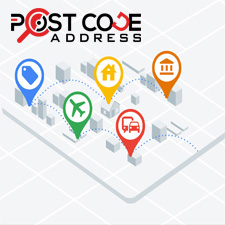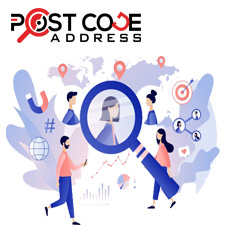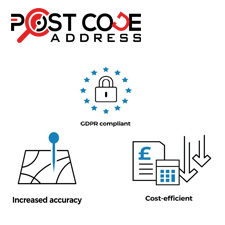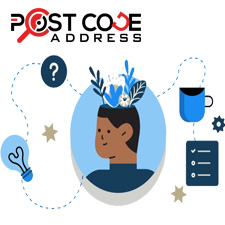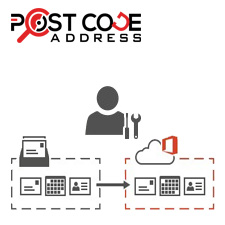Postcodes have long been recognized as an important tool for businesses, marketers, and researchers. However, the use of postcode data is not limited to the private sector. Governments, non-profit organizations, and community groups are increasingly using postcode data to inform their decisions and promote social good. In this blog post, we will explore examples of postcode data applications in community development and public policy.
- Targeted Service Delivery
Postcode data is a valuable tool for governments and non-profit organizations seeking to provide targeted services to communities in need. By using postcode data, organizations can identify areas where specific services are lacking, such as health care, education, or social services. This allows them to develop targeted programs and initiatives that address the unique needs of each community.
For example, a non-profit organization may use postcode data to identify areas with a high concentration of homeless individuals and develop a program that provides targeted support and services to these communities.
- Identifying Inequality and Inequity
Postcode data can also be used to identify inequality and inequity in different geographic areas. This information can be used to inform policy decisions and initiatives aimed at addressing social and economic disparities.
For example, postcode data can be used to identify areas with a high concentration of poverty, lack of access to healthcare or education, or high levels of crime. This can inform policies that aim to address these disparities, such as increased funding for community services or targeted economic development initiatives.
- Community Engagement and Participation
Postcode data can also be used to increase community engagement and participation. By using postcode data, community groups can identify and target specific neighborhoods or communities for outreach and engagement efforts. This can include events, education programs, or other initiatives that aim to increase participation and build community cohesion.
For example, a community group may use postcode data to identify areas with low voter turnout and develop targeted voter education and registration campaigns to increase civic engagement.
- Disaster Response and Recovery
Postcode data can also be used to inform disaster response and recovery efforts. By using postcode data, governments and non-profit organizations can identify areas that are most vulnerable to natural disasters or other emergencies. This information can be used to develop emergency response plans and targeted recovery efforts.
For example, after a natural disaster, postcode data can be used to identify areas with a high concentration of displaced individuals and develop targeted programs to provide housing and other support services.
In conclusion, postcode data can be used for social good in many ways. By using postcode data, governments, non-profit organizations, and community groups can provide targeted services, identify inequality and inequity, increase community engagement, and inform disaster response and recovery efforts. Postcode data provides a powerful tool for promoting social justice, equity, and community development. As we continue to face complex social challenges, the use of postcode data will be essential in promoting social good and building strong, resilient communities.





